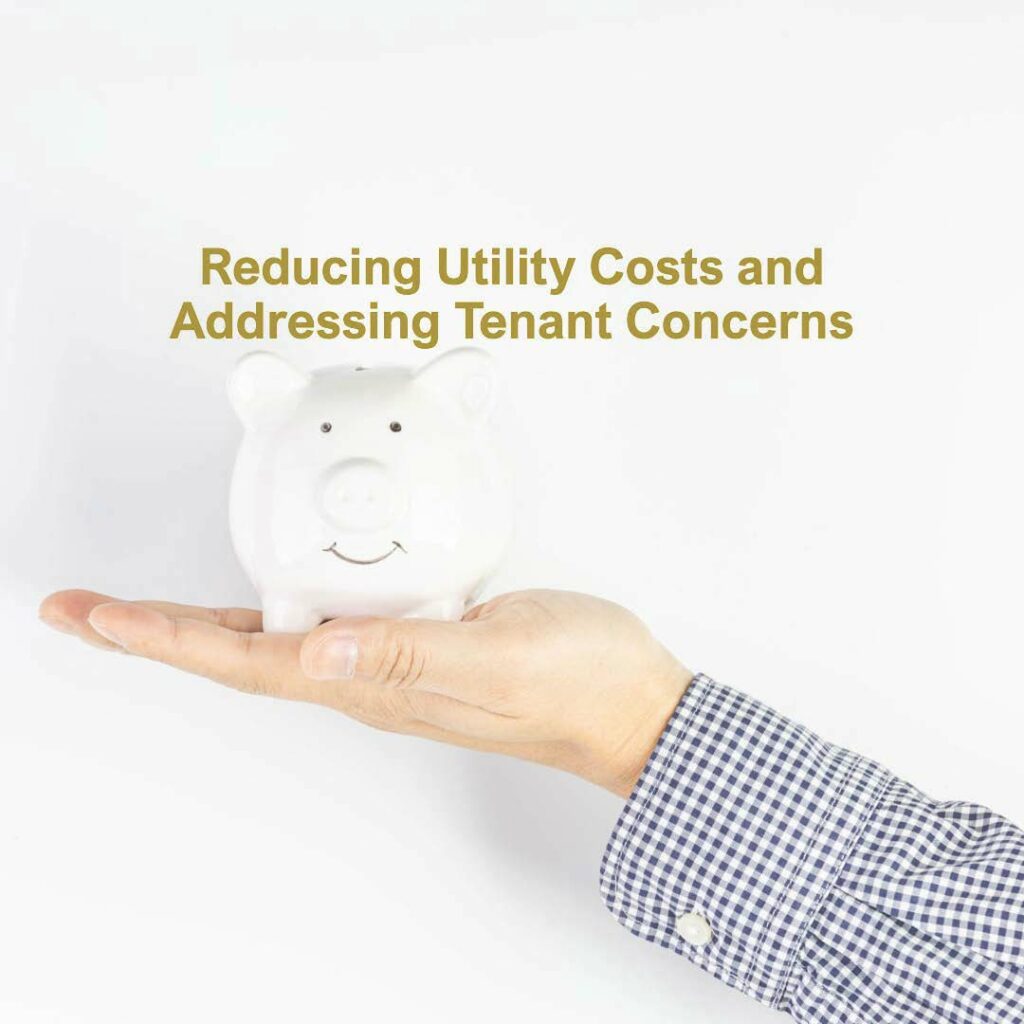
Dear Landlord:
As we continue to navigate the evolving landscape of property management in San Francisco, I wanted to bring to your attention some pertinent information regarding utility costs in our buildings, tenant concerns related to PG&E bills, and proactive measures we can take to address these issues.
Recently, we have received an increasing number of tenant complaints regarding their PG&E bills, expressing concerns about the cost of their utility bills and thinking there are issues with the electric system in their units.
In response to these concerns, we want to assure you that we are taking them seriously and actively working to investigate and resolve any underlying issues. Our property management team is diligently addressing tenant inquiries and aiding as needed to ensure their comfort and satisfaction.
We are incorporating information about recent rate hikes, utility usage and energy-saving tips into our tenant newsletters to educate residents on ways to reduce energy consumption and lower their utility bills. By fostering open communication and transparency with our tenants, we aim to empower them to take an active role in energy conservation efforts.
While tenants are starting to grasp that these rate increases are not the responsibility of Lingsch Realty or their landlord, these concerns have prompted us to take a closer look at utility consumption across our properties and recommend proactive measures to address them as tenants can sometimes feel powerless to make system-wide changes to make their buildings more efficient, which can lead to some frustration.
As part of our ongoing efforts to improve the efficiency of our buildings and reduce utility costs, I would like to suggest implementing the following strategies:
- Energy Audit: Conducting a comprehensive energy audit to identify potential areas of inefficiency and opportunities for improvement. Think of installing timers, motion-detectors, dusk-to-dawn sensors and LED lights in common areas to conserve electricity. LED bulbs are more energy-efficient, have a longer lifespan, and produce less heat, making them an environmentally friendly choice for lighting. Invest in energy-efficient appliances, smart thermostats, and lighting systems to optimize energy usage when upgrading apartments.
- Upgrade to Water-Efficient Toilets and Appliances: Upgrading to high-efficiency toilets can help conserve water by using less water per flush compared to traditional toilets. This simple retrofit can result in substantial water savings over time. Investing in water-efficient appliances, such as dishwashers and washing machines, can help minimize water consumption during daily household tasks. Look for appliances with the ENERGY STAR label, indicating superior energy and water efficiency.
- Tenant Education: Providing tenants with information and resources on energy-saving practices and encouraging their participation in conservation efforts. Tenants are incorrectly assuming their gas and electricity usage has increased. It is important to direct them to the kilowatt hours usage as opposed to the dollar amount of their past bills for comparison.
- Regular Maintenance: Ensuring that building systems are properly maintained and operating at peak efficiency to minimize energy and water waste. This includes keeping an eye on leaky pipes that unnecessarily waste water.
- Open Dialogue: Maintaining open communication channels with tenants to address any concerns or questions related to utility usage and billing.
By proactively addressing tenant concerns and implementing measures to improve the efficiency of our buildings, we can create a more sustainable and cost-effective living environment for our residents and save money for our landlord clients. Thank you for your attention to this matter. Should you have any questions or require further assistance, please do not hesitate to reach out.
